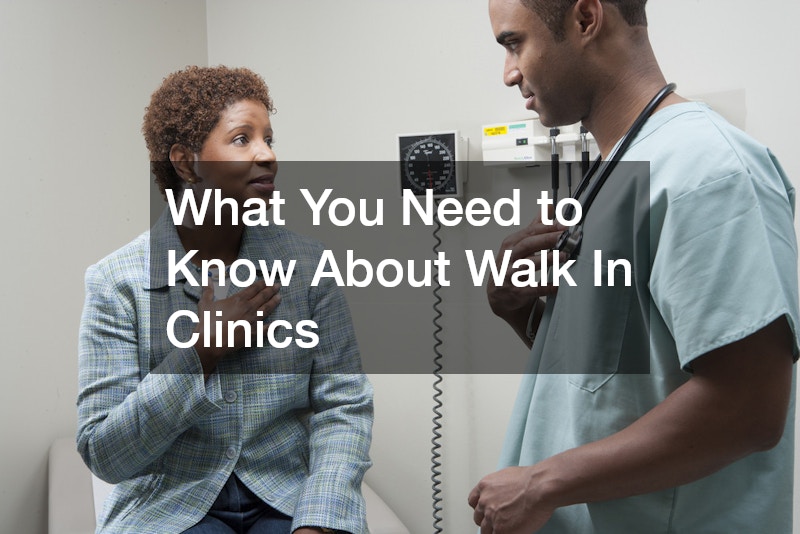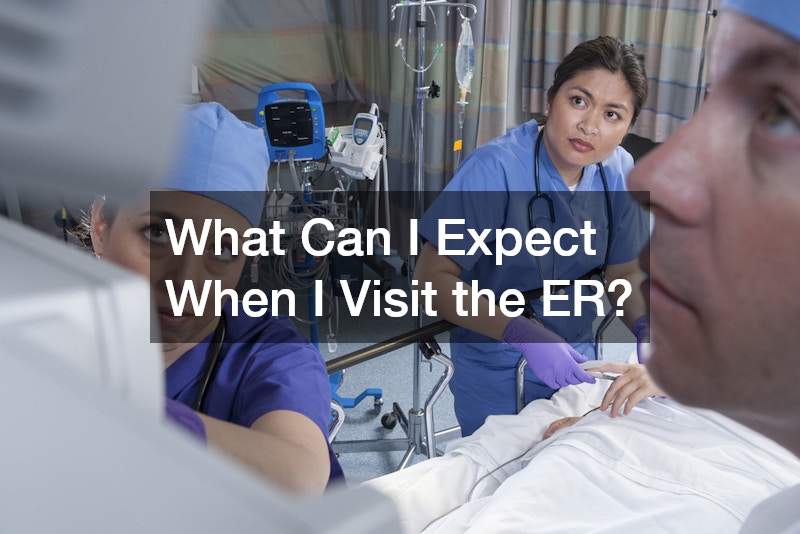
Walk-in clinics, also known as urgent care centers, provide a crucial healthcare service for those seeking immediate medical attention for non-life-threatening conditions. These facilities offer a convenient and efficient alternative to traditional hospital emergency rooms and are becoming increasingly popular for their accessibility and relatively lower costs. Here’s what you need to know about walk-in clinics and how they can serve your healthcare needs.
Accessibility and Convenience
One of the primary benefits of walk-in clinics is their accessibility. These clinics are typically located in community areas, making them easily reachable for quick medical consultations.
Most do not require an appointment, allowing patients to receive care on a first-come, first-served basis. This is particularly advantageous for sudden illnesses or minor injuries that need prompt attention but are not severe enough to warrant a visit to the emergency room.
Services Offered
Walk-in clinics are equipped to handle a variety of medical issues, ranging from acute illnesses like infections, flu, or colds, to minor injuries such as cuts, bruises, and sprains. Many clinics also offer diagnostic services, including X-rays and laboratory tests, vaccinations, physicals, and sometimes even chronic disease management. The scope of services can vary widely, so it’s a good idea to check with your local clinic about the specific care options they provide.
Cost-Effectiveness
Generally, the cost of treatment at walk-in clinics is significantly lower than that of emergency room visits. Most clinics accept a variety of insurance plans, and for those without insurance, the fees for services are usually reasonable. This makes walk-in clinics an economical choice for individuals and families, particularly those who need to manage their medical expenses without compromising on the quality of care.
Hours of Operation
Walk-in clinics often offer extended hours, opening early and closing late, and some even operate on weekends. This flexibility helps accommodate patients who have work or school commitments during regular business hours. The extended hours also mean that you can access medical care at times when your primary care physician’s office may be closed.
Quality of Care
While walk-in clinics are designed for speed and convenience, they do not substitute for in-depth medical care by a regular doctor for ongoing health issues. However, for episodic care and minor conditions, these clinics are staffed by qualified healthcare providers, including doctors, nurse practitioners, and registered nurses, who are capable of providing professional medical attention.
When to Use a Walk-In Clinic
Walk-in clinics are ideal for non-emergency situations. If you experience severe or life-threatening symptoms such as chest pain, severe bleeding, or significant shortness of breath, it’s crucial to go to an emergency room or call emergency services. For less critical issues that still require timely intervention, a walk-in clinic is a suitable and effective option.
Watch the video above to learn more about the walk in clinics Winter Park residents trust!.




